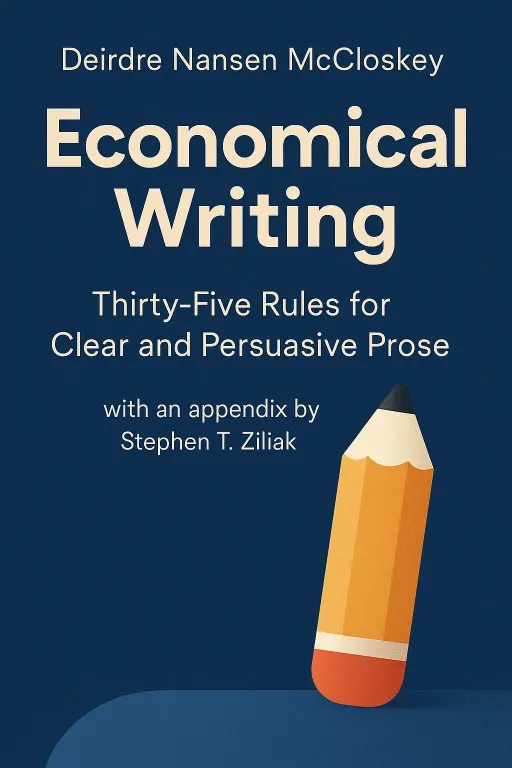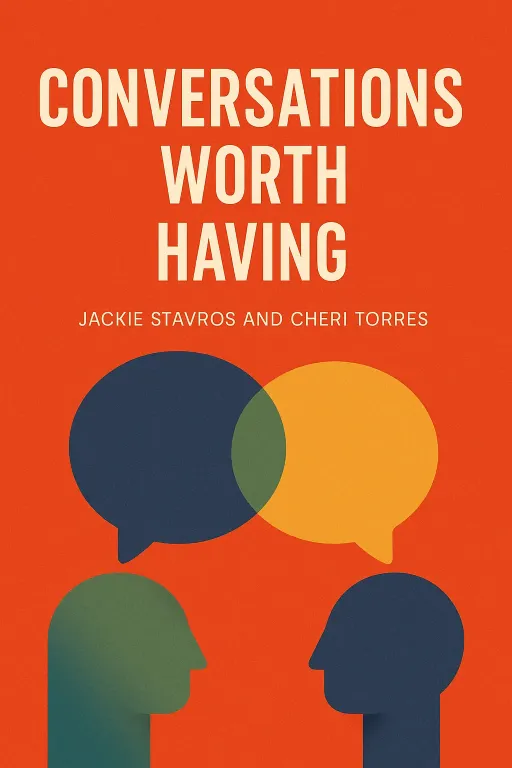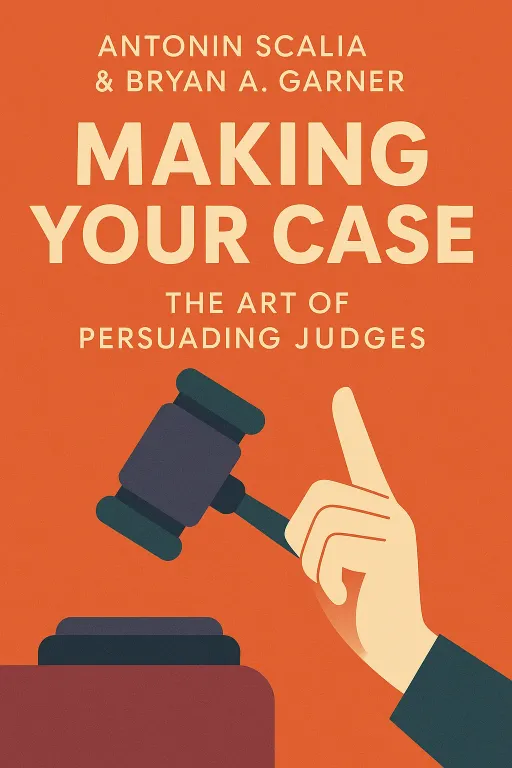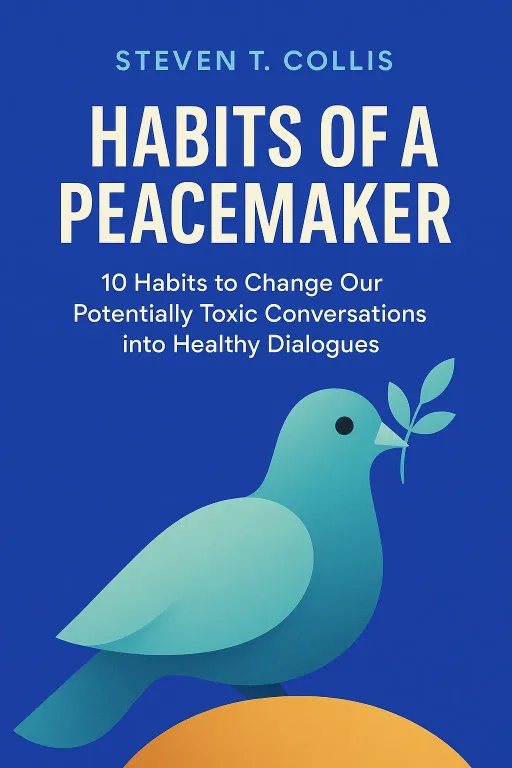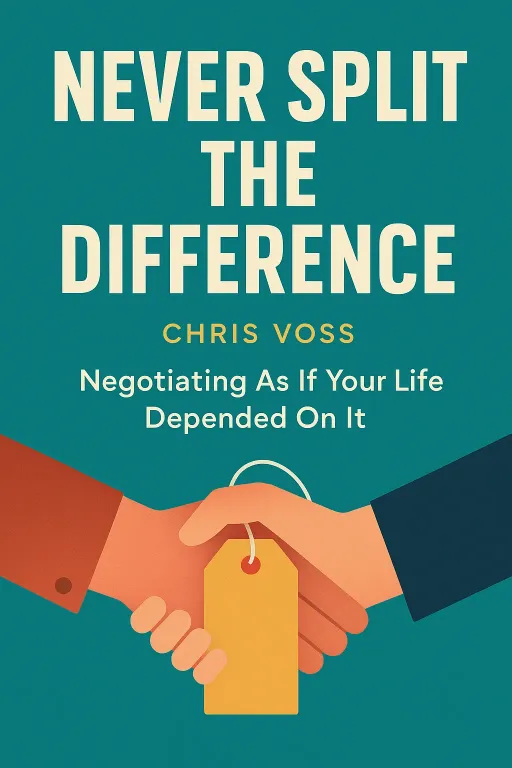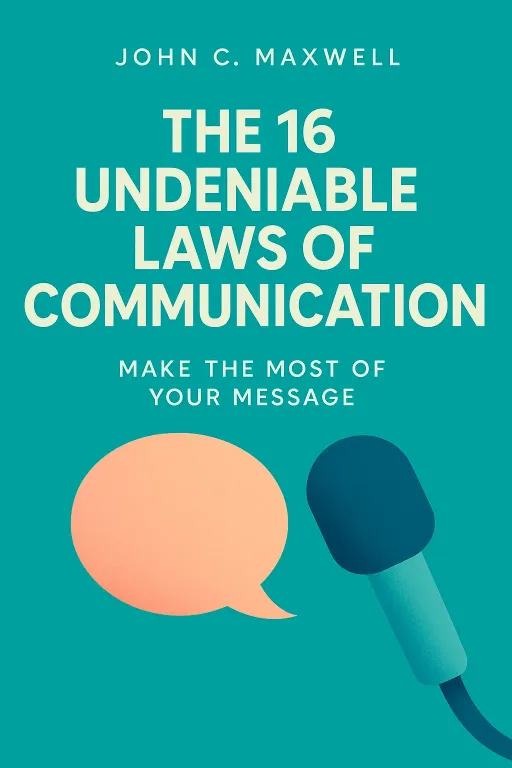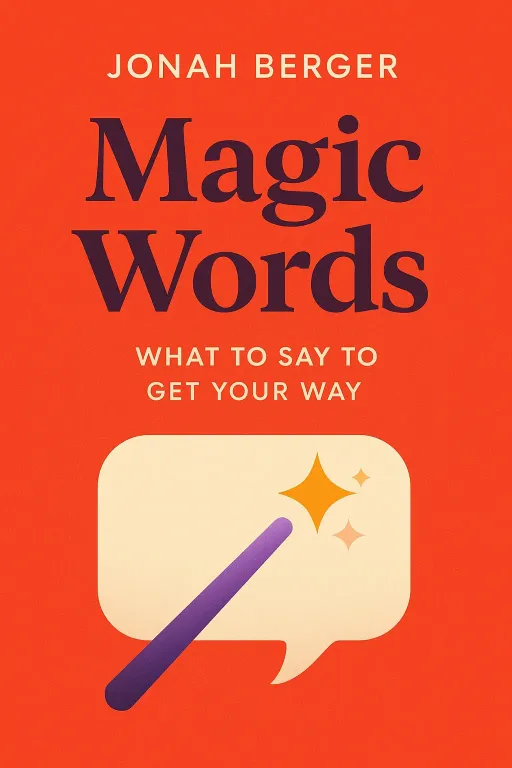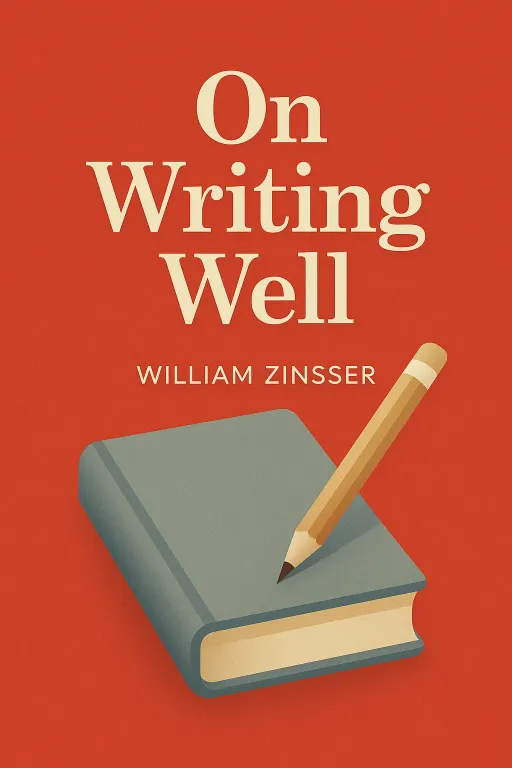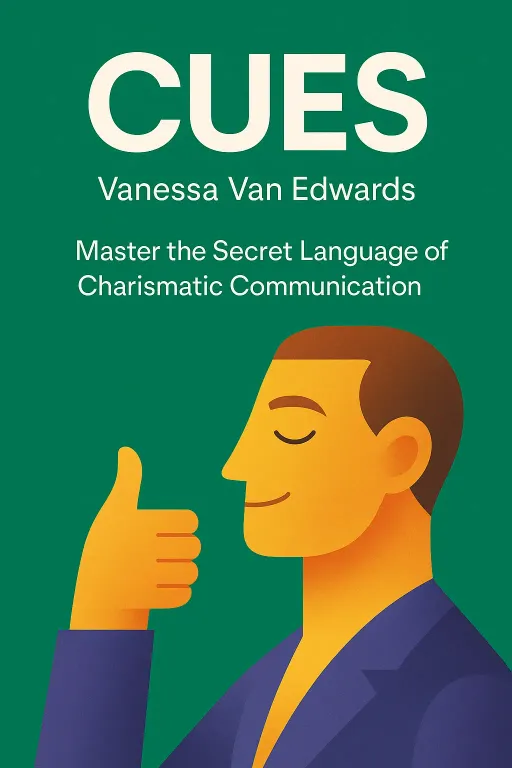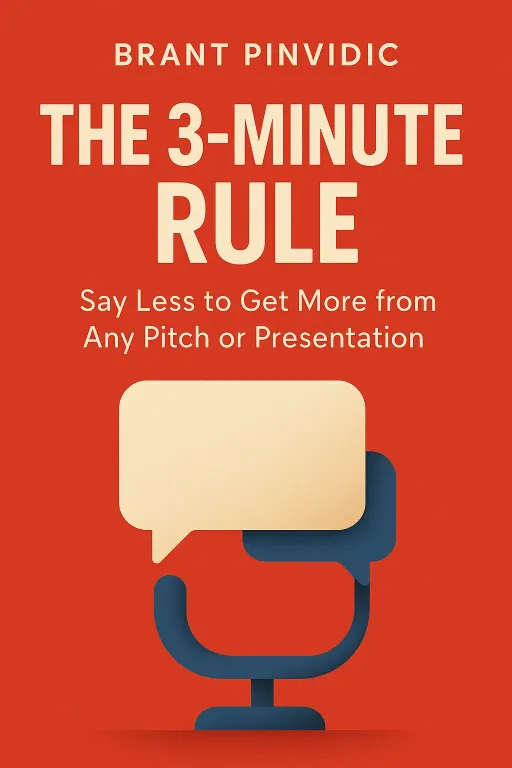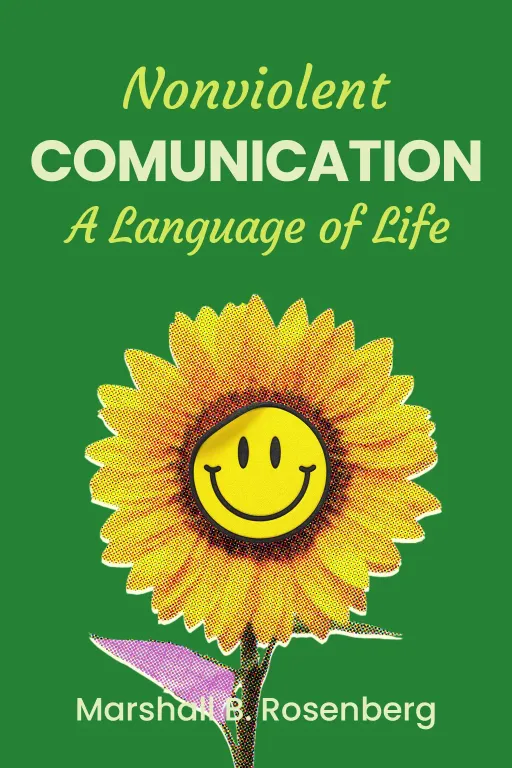
Personalized Podcast
10 minGolden Hook & Introduction
SECTION
Nova: jihongboo, have you ever been in an argument where you just know the other person isn't hearing you? It feels like you're speaking, but your words are just hitting a wall.
jihongboo: Absolutely. It’s one of the most frustrating human experiences, isn't it? You feel completely invisible. It’s like you’re sending a signal out, but it’s not being received, and you just end up feeling more and more isolated in the conversation.
Nova: Exactly! And what if that wall isn't just stubbornness, but a specific type of language we've all been taught to use—a language of judgment and blame that actually blocks compassion?
jihongboo: That’s a fascinating idea. That the tool we're using is fundamentally flawed for the job. We’re trying to build a bridge with a hammer, essentially.
Nova: That is the perfect metaphor. And it’s the core idea behind Marshall Rosenberg's incredible book, "Nonviolent Communication." He argues that we're trained in a language of violence, but we can learn a new one—a language of life. Today, we're diving into his work to tackle this from two perspectives. First, we'll explore the hidden traps in our everyday language that build these walls and block compassion.
jihongboo: So, diagnosing the problem in our default programming. I like that.
Nova: Precisely. Then, we'll uncover the four-part key that can turn those walls into windows, unlocking genuine human connection, even under the most extreme pressure. It's a framework that, once you see it, you start seeing it everywhere.
Deep Dive into Core Topic 1: The Hidden Traps
SECTION
Nova: So let's start with those traps. Rosenberg calls it 'life-alienating communication.' It sounds dramatic, but it's the subtle stuff we do every day. And one of the biggest, most insidious traps comes down to two little words: 'I have to.'
jihongboo: Ah, the language of no choice. 'I have to go to work.' 'I have to do the dishes.' 'I have to call my parents.' It’s everywhere.
Nova: It is! And we think it's harmless, but Rosenberg tells this powerful story from one of his workshops that shows just how damaging it can be. A woman in the audience gets really angry with him, insisting that of course there are things she has to do. She says, "I hate cooking! I hate it with a passion, but I have to cook for my family every single day."
jihongboo: I can feel her resentment from here. She feels trapped by that obligation.
Nova: Completely. So Rosenberg guides her through this exercise of reframing it. Instead of "I have to," she tries saying, "I choose to cook because I want..." And she struggles with it. But she goes home and tries it out for real. She announces to her two sons, "I don't want to cook anymore."
jihongboo: Wow, that’s a bold move. I'm picturing the fallout.
Nova: Well, this is the amazing part. Three weeks later, her sons show up at another one of Rosenberg's workshops. He asks them what it was like to hear their mom say that. And the elder son just sighs with relief and says, "Thank God! Now we don't have to listen to her complain at every single meal!"
jihongboo: That is not what I expected. That's so powerful. The phrase 'I have to' isn't just a statement of fact; it's an emotional broadcast. It’s a way of outsourcing our agency. It makes us a victim of our circumstances, and it makes everyone around us a party to our victimhood.
Nova: A party to our victimhood. That's it exactly. She thought she was just stating a fact, but she was actually creating a cloud of resentment that her kids had to live in.
jihongboo: And by shifting to 'I choose to,' she would have had to confront her real need. Maybe her need was to provide nourishment for her family, or to show care. But because she was stuck in the 'have to' trap, she couldn't connect with that positive, life-serving need. Instead, the act of cooking became a symbol of her powerlessness.
Nova: And it poisoned the very act of nourishment she was trying to provide. It’s such a clear example of how this life-alienating language works. Another one is what Rosenberg calls 'moralistic judgments.' This is when we use labels and blame. You know, "You're lazy," "That was a stupid thing to do," "He's a bad person."
jihongboo: It immediately frames the conversation as a power struggle, not a collaboration. The moment you label someone, you're not trying to understand their behavior; you're trying to win by defining them. Their only options are to accept your negative label or fight back. It's an incredibly inefficient system for exchanging information or solving a problem.
Nova: Inefficient is the perfect word. It guarantees resistance. You're not inviting connection; you're demanding submission. And when you combine these traps—judgments, denying responsibility—you get these communication patterns that are almost designed to fail.
jihongboo: It’s like we’re all walking around with this faulty programming, and we don't even realize it's the source of so much of our daily friction.
Deep Dive into Core Topic 2: The Four-Part Key
SECTION
Nova: Exactly. It's about reclaiming that agency and being conscious of our programming. And that brings us to the solution, the 'operating system upgrade' that Rosenberg offers. It's a four-part process, and on the surface, it sounds almost deceptively simple. It’s: Observations, Feelings, Needs, and Requests.
jihongboo: OFNR. Okay, so it’s a framework. I like that. It’s actionable.
Nova: It is. But to really see its power, let's look at it in a situation that is anything but simple. This is one of the most famous stories from the book. Rosenberg is in a mosque at a refugee camp in Bethlehem, speaking to about 170 Palestinian Muslim men. The political climate is incredibly tense. He’s an American, and he knows that the tear gas canisters used in the camp are made in the USA.
jihongboo: So he’s walking into a powder keg. He’s the living symbol of the thing they resent.
Nova: The absolute symbol. And as he's speaking, a man in the audience jumps up, points at him, and yells, "Murderer! Child-killer!"
jihongboo: Okay. So, communication has broken down before it's even started. The 'wall' is up. A huge one. What does he do? The natural human instinct is to get defensive. "I'm not a murderer!"
Nova: Right? That’s what most of us would do. We’d defend our character. But Rosenberg does something completely different. He doesn't hear the words "murderer." He actively listens for the feeling and the need behind the word. He makes a guess. He says to the man, "Are you angry because you are needing your people to have their resources used for life-enriching purposes?"
jihongboo: He just... bypassed the judgment entirely. He didn't engage with the label at all. He went straight to the need. That's a radical move.
Nova: It's completely radical. And the man is taken aback. He says, "You're damn right I'm angry! You think we want tear gas? We need sewers, we need housing, we need schools!" Rosenberg keeps reflecting, "So you're furious, and you'd like to see a change in how the U.S. uses its resources..." He just keeps listening, guessing the man's feelings and needs, for about twenty minutes. He never defends himself. He never explains his own position. He just offers empathy.
jihongboo: He's giving the man the experience of being fully heard, maybe for the first time in that context.
Nova: And that's the key. After twenty minutes of this, the man has calmed down. He feels understood. And only then is he able to hear Rosenberg explain why he was there—to share a process for communication that he hoped could help them achieve their goals peacefully. The story ends with that same man, the one who called him a murderer, inviting Rosenberg to his home for a Ramadan dinner.
jihongboo: That's an incredible transformation. It's a complete 180. So in the first story, the woman was trapped by her own unexamined needs. In this story, Rosenberg bypasses the 'wall' of the man's judgment—'murderer'—to connect directly with the needs behind it. He didn't argue facts about U.S. foreign policy. He just heard the man's need for safety, for dignity, for a better future for his children.
Nova: That's the whole process in a nutshell. First, state the observation without judgment: "When I hear you call me a murderer..." Second, state your feeling: "...I feel hurt..." Third, state the need that's causing the feeling: "...because I have a deep need to be seen as someone who contributes to life." And fourth, make a request: "Would you be willing to tell me what I did that led you to see me that way?" But in this case, he chose to offer empathy first, to hear the other person's OFNR before expressing his own.
jihongboo: It’s a system, but it’s a deeply human one. It requires you to be analytical enough to separate observation from evaluation, but also empathetic enough to genuinely get curious about another person's inner world. It’s not just a technique; it's a shift in consciousness.
Synthesis & Takeaways
SECTION
Nova: It really is. So we've seen these two fundamental modes of communication today. The language of judgment and blame, which creates walls, and the language of needs, which creates connection.
jihongboo: It's about shifting from diagnosing what's 'wrong' with someone to getting curious about what's 'alive' in them. What are they feeling? What do they need? That curiosity seems to be the engine of the whole process.
Nova: I love that—the engine of the process. It’s so true. It’s not about being "nice." It's about being clear and connected. So for our listeners, people who are curious and enjoy exploring new ideas like you, jihongboo, here's a small experiment.
jihongboo: A practical application. Let's hear it.
Nova: For just one day, notice every time you think or say the words 'I have to.' And just for yourself, in your own head, try translating it: 'I choose to [do the thing] because I want [the need it meets].' I choose to go to this meeting because I want to contribute to the project. I choose to clean the kitchen because I want a sense of order and peace in my home. You might be surprised by what you discover.
jihongboo: I'm definitely going to try that. It's a small change in language, but it's a huge change in perspective. It's moving from being a passenger in your life to being the driver. And that's an idea worth exploring.
Nova: Beautifully said. It’s about taking the wheel of our own communication and, in doing so, our own lives.
